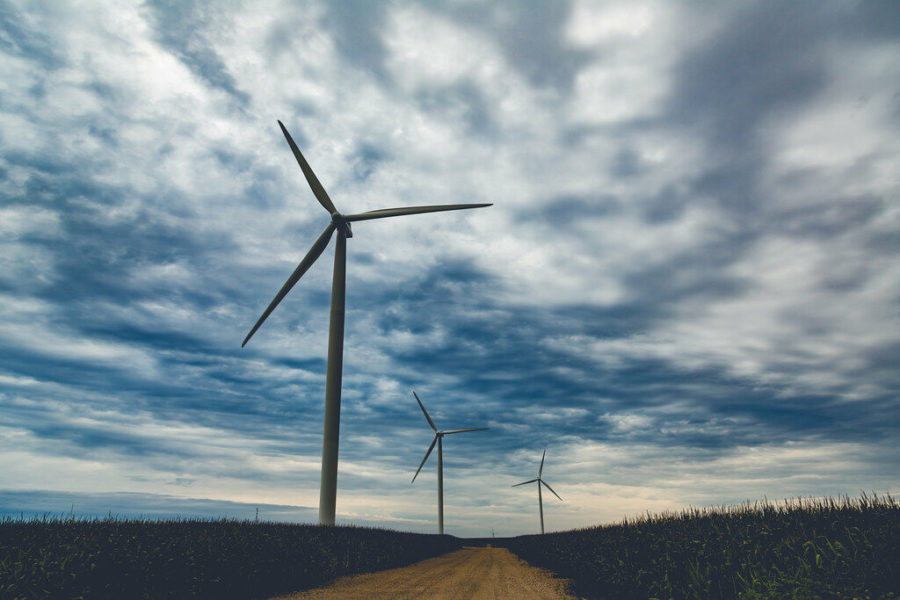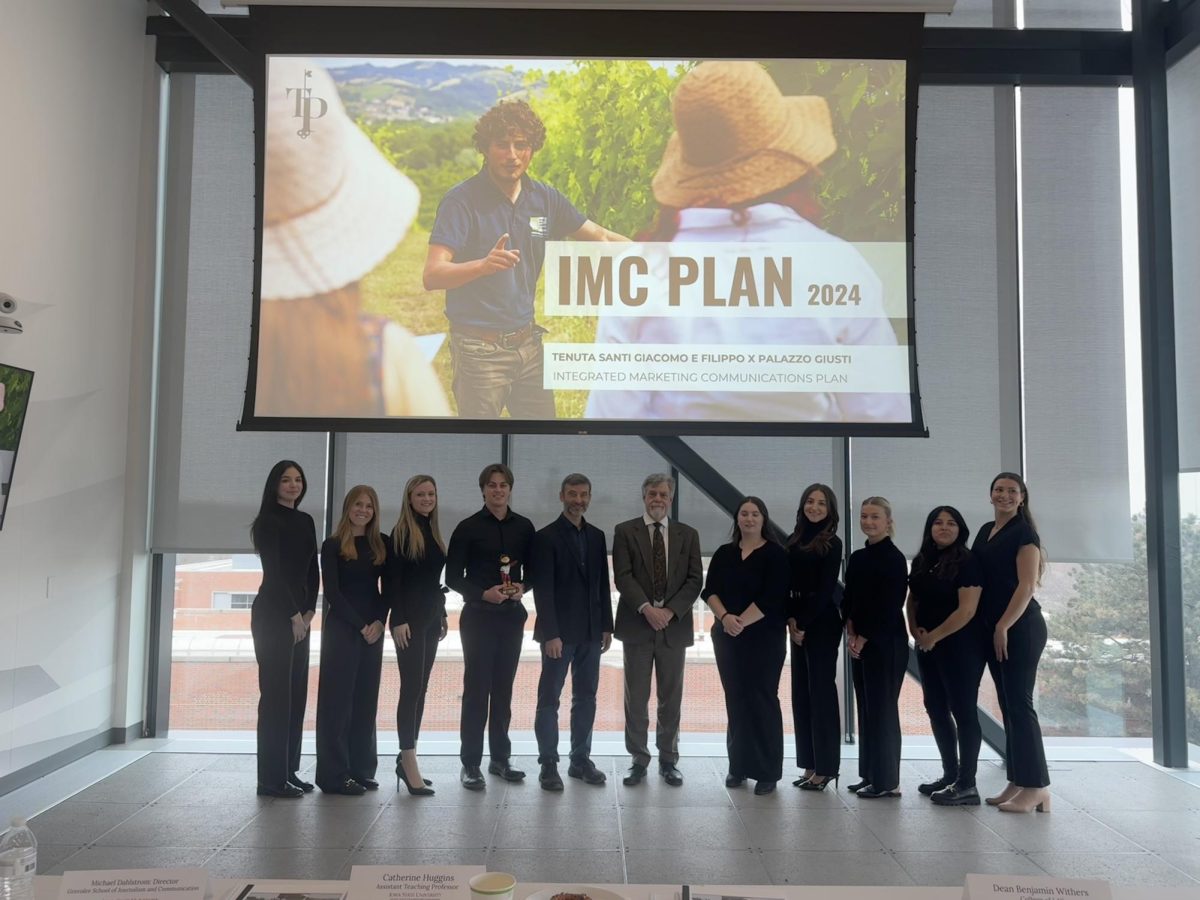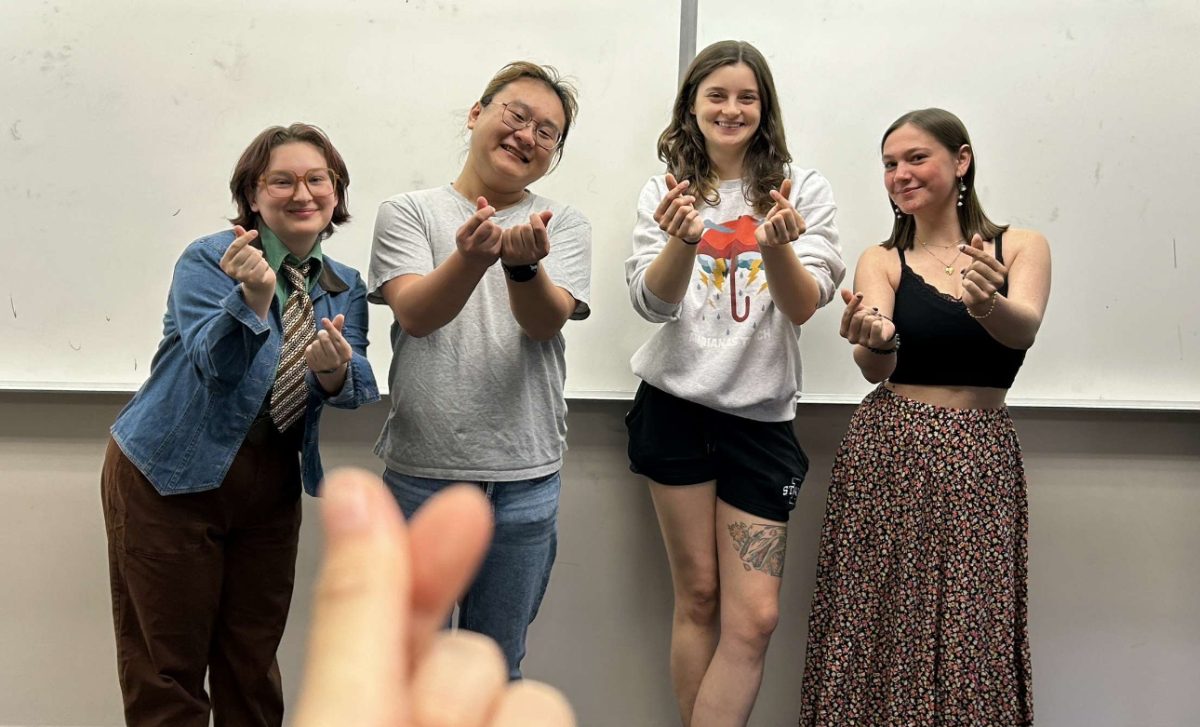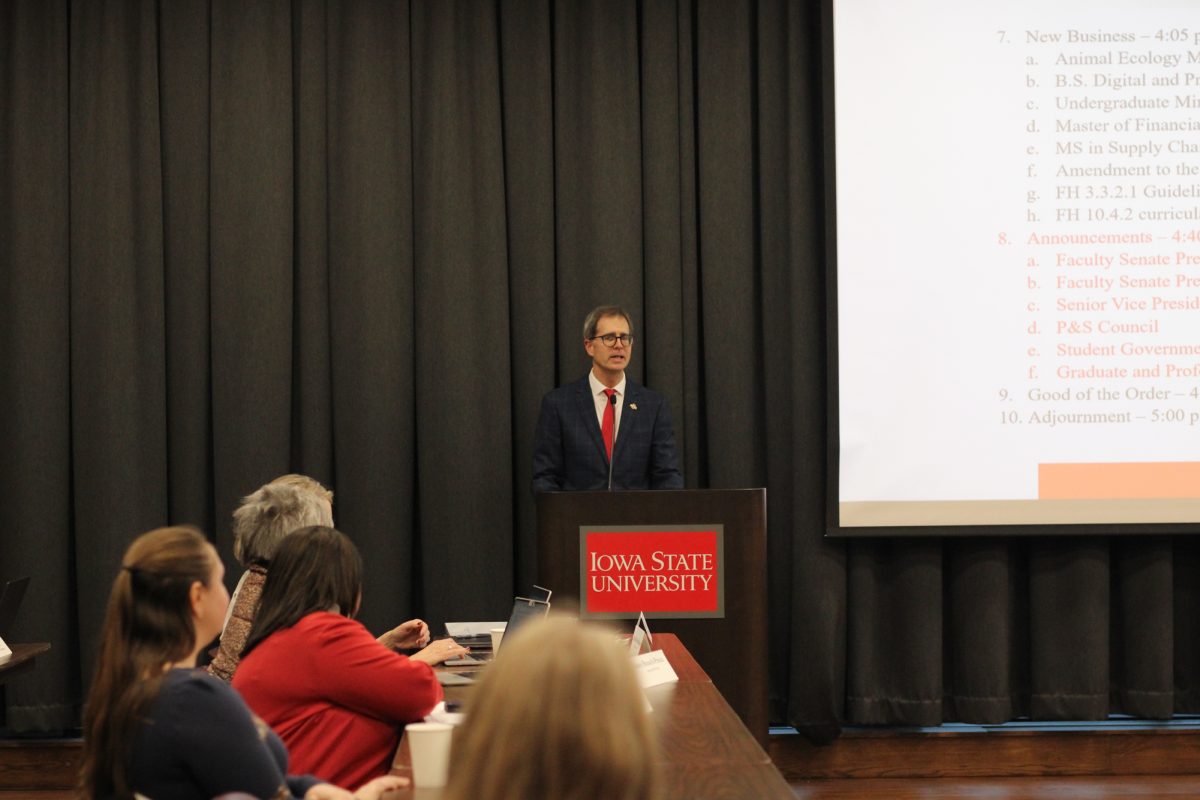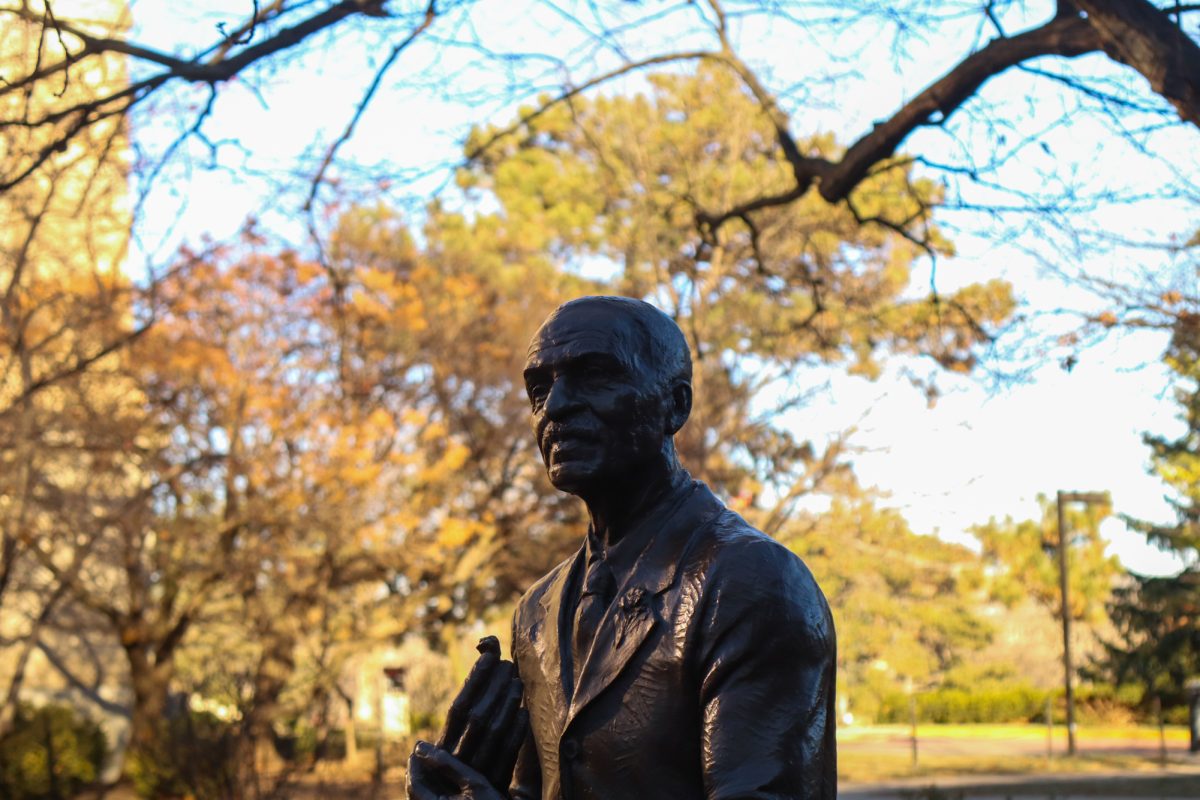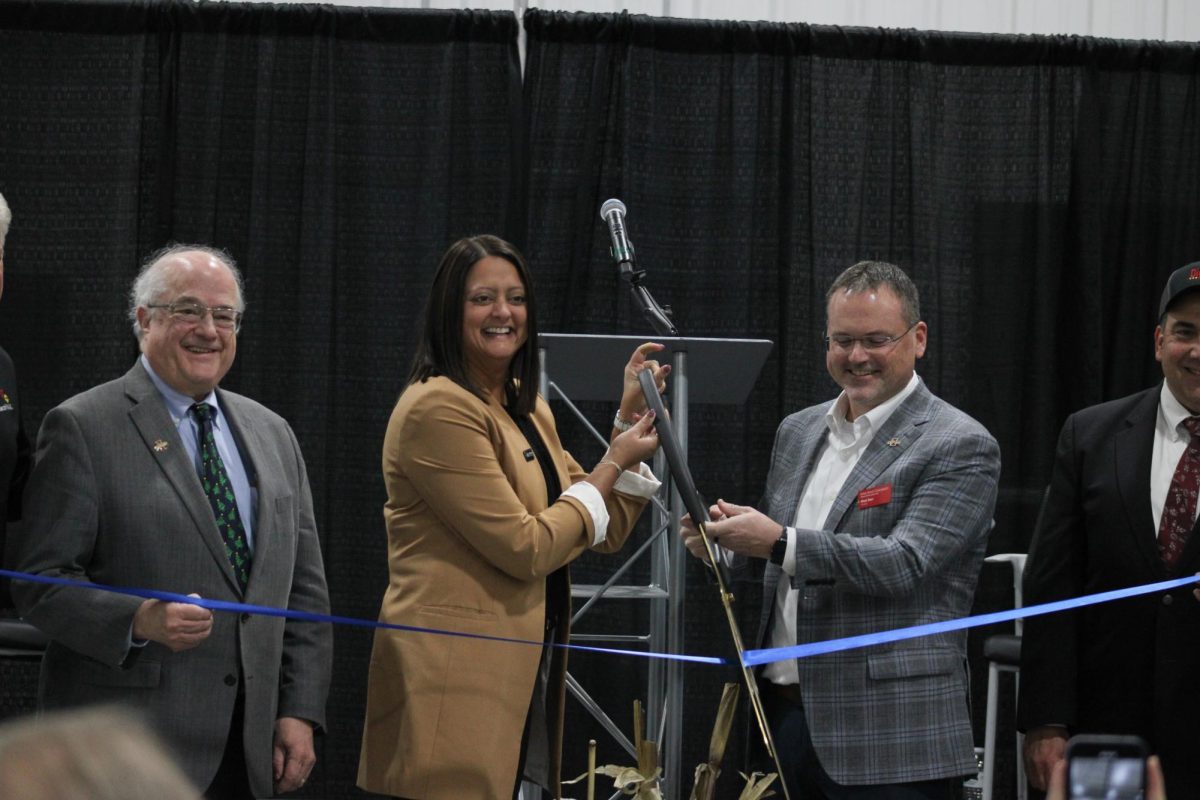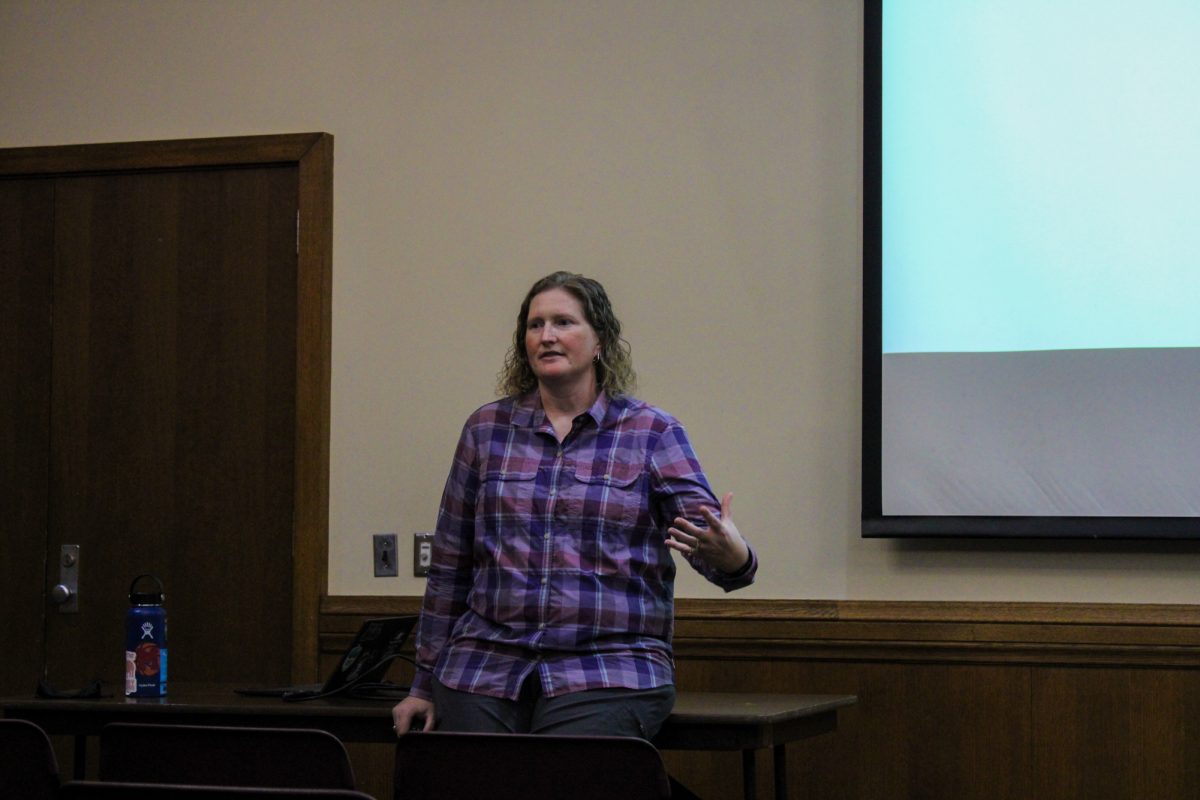In a race for cleaner energy, Iowa State professors say the time is now for comprehensive research of alternative energy sources. Rodney Fox, a distinguished professor in chemical and biological engineering, has been involved in the research of greener energy solutions for years as the push becomes even greater from consumers and policymakers.
Fox has been working with multiple companies and colleagues over the past several years in hopes of creating more green energy that is less reliant on materials like natural gas and regular oil.
Fox said investments in research should happen now instead of in the future. He said one way or another, the consumer will end up paying.
“In the end, you’re going to pay for it,” Fox said. “So would you like to pay for it in a way that advances society or pay for it in a way that just delays the pain? So I think it’s a choice that we have to make.”
“We need to invest in all sustainable energy sources because it is hard to meet all our energy needs with a single source,” said Ted Heindel, a professor in the department of mechanical engineering.
With growing energy needs across the board, Heindel said all areas need to be explored.
“Because we will need several sources of sustainable energy in the future, it is important to do the research now. This will help make newer energy sources more economical and efficient so our children can access it when needed,” Heindel said.
Fox, who also specializes in fluid mechanics, said one of his notable works is with the company BP, an oil and gas company headquartered in Europe, with which he has worked for many years.
“We have a center for multiphase flow research and education, so carbon-free, and there we have an industrial partner who I’ve worked with now for about 20 years, which is BP. And they’re interested in what’s called green hydrogen,” Fox said.
Fox said green hydrogen is a somewhat complex energy source to a normal eye.
“Green hydrogen is considered, for example, electrolysis, where they convert electricity from say wind energy and they use it to split water into oxygen and hydrogen. Then the hydrogen you collect, and you can then use that for car fuel cells and applications,” Fox said.
Fox said he has also worked with companies that do standard drilling, like ExxonMobil, to help predict where gas will flow in certain systems and to create a better system for it to move, creating a greener and cheaper option for consumers.
According to Fox, the power of computers has contributed to much of the progress the industry has made in recent years.
“I mean, if you look at a laptop now, it’s much faster than a supercomputer I had when I started out, so you can do calculations now that you couldn’t do before,” Fox said.
Brian Hornbuckle, a professor in the department of agronomy, said any progress in green energy could be notable.
“According to the latest IPCC [Intergovernmental Panel on Climate Change] report, the only way to limit global warming to 1.5 degrees Celsius and avoid the worst impacts of climate change is to become carbon-neutral by 2030,” Hornbuckle said.
The IPCC is recognized as the world’s internal authority on climate change. The latest report was published in March 2023.
“[2030] is less than ten years from now. Even if we don’t get there by 2030, the sooner we do become carbon-neutral, the less severe the climate consequences,” Hornbuckle said.
Fox said it is important for the younger generation to not give up.
“I think it’s important to stress to the younger generation that there’s plenty of challenges ahead, and don’t feel that we can’t do them,” Fox said. “I think we can do it. It’s just a matter of getting started in that direction.”


